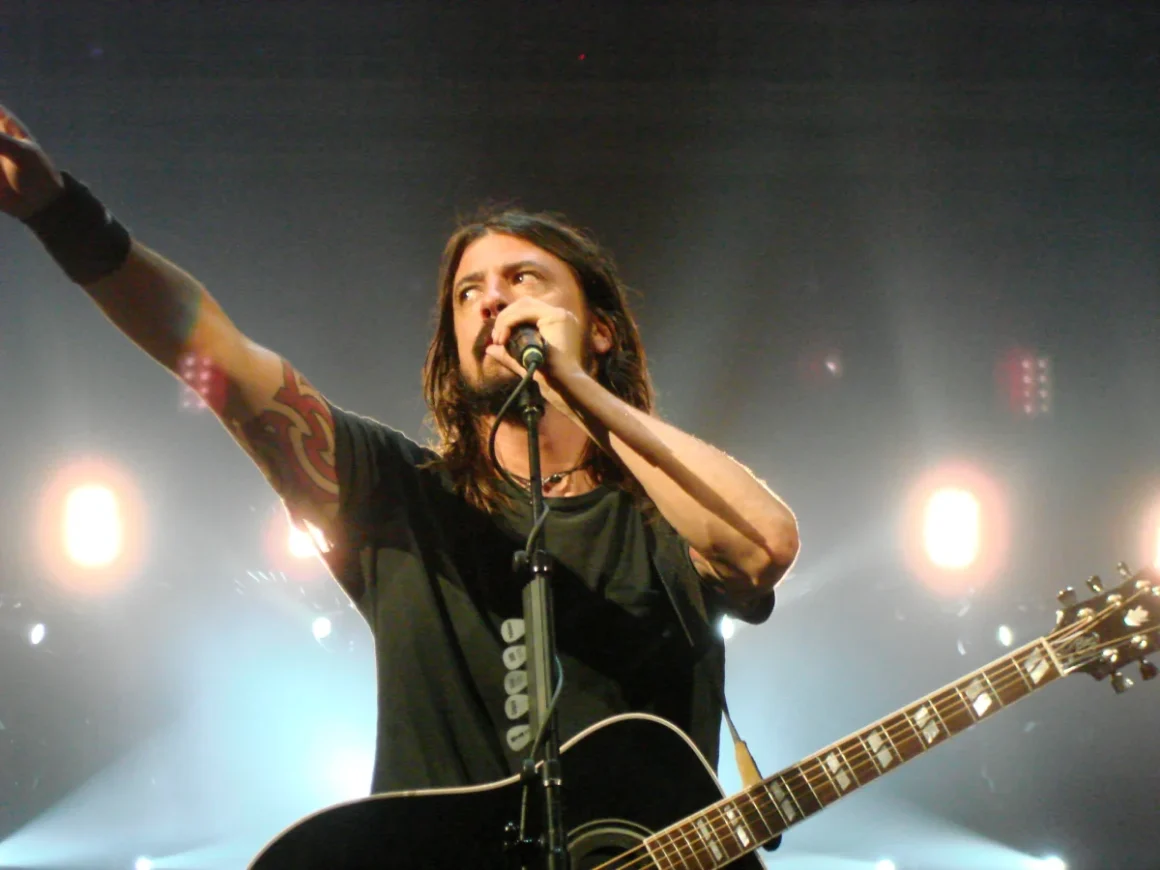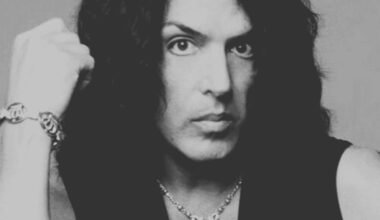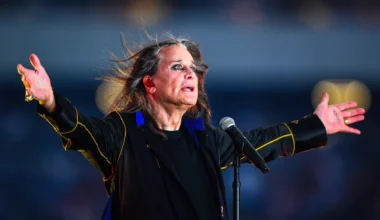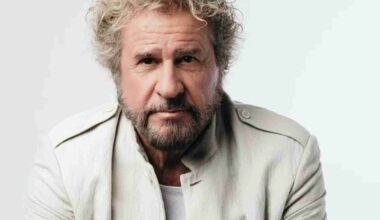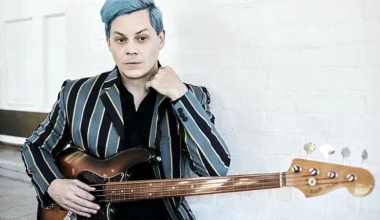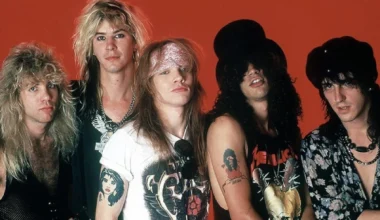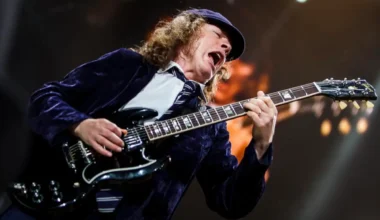The death of Kurt Cobain in 1994 left a profound impact on the world, marking a tragic end to Nirvana’s meteoric rise. At just 27 years old, Cobain had captured the spirit of an entire generation, becoming an emblem of the grunge movement.
When news broke of his suicide, it was clear that Nirvana couldn’t continue without its iconic frontman, and for millions of fans, nothing would ever be the same.
For Dave Grohl, Nirvana’s drummer, Cobain’s passing remains one of the deepest emotional wounds he has ever faced. Speaking on Medicine At Midnight Radio, Grohl shared the extent of his grief, calling Cobain’s death “one of my life’s greatest heartbreaks.”
He reflected on his former bandmate’s talent, saying, “It’s pretty clear that he was blessed with a gift. I think it’s safe to say that he was the greatest songwriter of our generation. I’m very proud to say that I got to be his drummer and play those songs every night.”
However, some criticized Grohl for moving forward with his music career after Nirvana’s sudden end. Following the formation of Foo Fighters, fans began interpreting the lyrics from their self-titled debut album as indirect references to Cobain’s death. In a 1995 interview with Rolling Stone, Grohl addressed these claims, revealing his frustration at the conspiracy theories surrounding his music.
“Most people would think that all these songs were written starting the day after Kurt died,” Grohl explained. “Everyone wants so badly to make some kind of correlation. I’ve taken heat for a lot of lyrics I wrote four years ago.”
He cited the line “one shot, nothing” from the track “Weenie Beanie” as one of the most painful misconceptions, insisting that the song had been written in 1991. Grohl further clarified that only three songs on the album — “This Is a Call,” “Oh, George,” and “I’ll Stick Around” — were penned after Cobain’s death.
In fact, Grohl’s main concern was that listeners might misinterpret the Foo Fighters’ song “I’ll Stick Around” as a jab at Cobain.
“The only reason I wanted to do an interview was because, as I was singing ‘I don’t owe you anything,’ I realized people might think it was about Kurt,” Grohl said.
“It would break my heart to think that people are under that impression. That was my biggest fear. Besides that, anything else is trivial and stupid.”
In the wake of Cobain’s death, Grohl found it difficult to imagine continuing with music. He sought solace by traveling to the Ring of Kerry in Ireland, trying to distance himself from the overwhelming sadness. But even in this remote setting, Grohl couldn’t escape Cobain’s shadow.
As fate would have it, he encountered a hitchhiker wearing a Kurt Cobain t-shirt, an experience that triggered a panic attack and a realization that no matter where he went, he couldn’t outrun his past.
Grohl detailed this moment in his book The Storyteller, writing, “There was Kurt’s face staring back at me, almost as a reminder that no matter how far I ran, I could never escape the past.”
This pivotal moment marked a turning point in Grohl’s life, inspiring him to return to the United States and channel his energy into what would become Foo Fighters. From that point on, Grohl’s musical journey took a new direction, and the Foo Fighters became his next chapter—a story of resilience and healing through music.

